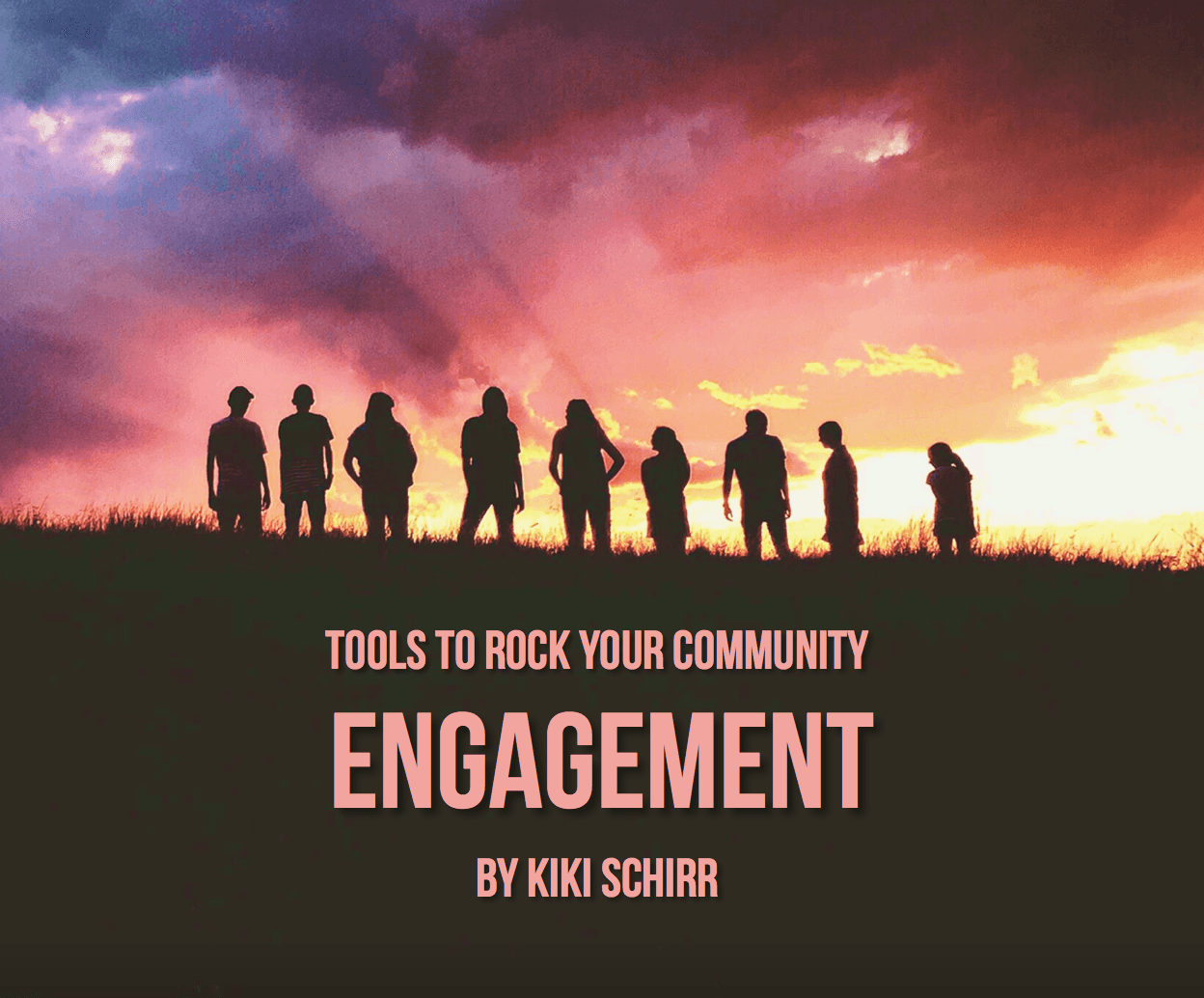
By Kiki Schirr, {grow} Contributing Columnist
Community engagement is a difficult task, especially when new platforms are cropping up all the time.
Here’s a helpful list of five stellar community engagement platforms that might not occur to you — and one that could look enticing, but would be best to avoid!
Anchor
Originally an app to record and share short voice messages, Anchor has decided to pursue the podcasting segment. It now allows users to record full-length podcasts by stitching together shorter segments. Recently, they even added a voice-to-text video feature. Podcasters can record their voice, and Anchor will use the recording to create an attractive and editable video of their words. Anchor also has its own loyal and engaged community of listeners and broadcasters who interact on the platform itself.
Slack
While Slack was created for use by work teams, it quickly became popular as a tool for communities to get to know each other and discuss shared interests. Much like IRC, teams or communities create their own channel, which only members can access. Once in, your community members can create many different topical message boards. Private messaging between users is also possible. You can either invite new users via email, or they can visit your Slack channel’s unique URL to apply.
Discord
Discord is Slack’s unruly, gaming-obsessed cousin. Primarily used by gamers, Discord’s neat feature is the ability to create voice channels. Gamers appreciate the ability to talk to each other with their hands free to hold controllers. Discord has also told Product Hunt that they will soon be introducing video chat.
Facebook Groups
An oldie but a goodie, Facebook Groups are perfect channels for community engagement. Their advantage lies in Facebook’s ubiquity. Everyone seems to have a Facebook account. Another advantage is that Facebook allows users to force-add their friends to Facebook Groups.
Quora
The key purpose of Quora is to answer difficult questions for other users. Quora ranks well in SEO. Experts are willing to answer with thoughtful, well-researched essays because their name and image will appear high in Google search results. A good answer will generate interest from within the Quora community. Influential blogs and even news outlets will quote great answers or opinions.
A 10-step strategy for using all five community platforms together
- Search on Quora for a few questions that are relevant to your business’s field
- Open your Facebook group and create a poll to ask which question they’d appreciate answered the most
- Once it is clear which questions are more pressing, direct your Facebook group users to join the discussion on Slack to get more in-depth on the topic
- Schedule a live voice chat discussion on Discord, and encourage members from Facebook, Slack, and Discord to attend
- From these sources, gather relevant opinions, facts, and community member quotations to enrich your answer
- Record a discussion or interview on Anchor about the topic
- Use Anchor to create a text video
- Upload your video to YouTube along with a link to your Facebook Group
- Share the YouTube link on Anchor, Slack, Discord, and Facebook Be sure to give credit or @mention anyone you cited on Facebook, Twitter, and any other relevant platform
- Return to the original Quora question and answer it thoroughly, referring Quora members to the video for more information. The video will also lead them to your Facebook Group if they’re interested in the subject
All of this requires only one topic and two pieces of content! Don’t forget to share the Quora answer on Twitter, cross-post to your blog’s website or Medium.com, and pass the link on to relevant bloggers or news outlets.
Remember that community engagement platform I said to avoid?
Right now the hottest app amongst teens and the tech-savvy is a truth-sharing app called Sarahah. The website maintains that it is a service for getting “honest feedback from coworkers and friends,” but in reality, it’s not too different from hosting your own personal digital slam book.
Developed in Saudi Arabia, a country that must have no issues with online bullies, the Sarahah app lacks much functionality beyond granting each user a unique website. This website is a bulletin board for anonymous messages about… you.
The app is wildly popular. Screen captures of Sarahah messages are finding their way to Facebook and Twitter with captions like, “Who dis?” and “If I figure out who you are, you better run!”
While piggy-backing on Sarahah’s obvious popularity could be a tempting growth hack, I cannot help but think any brand attempting to do so will only get burned. The truth, or more accurately, the truth with an utter lack of accountability, is a dangerous thing.
What other platforms would you suggest for community engagement? Which ones would you shy away from? Feel free to comment below!
Illustration marked safe for re-use by Unsplash.com